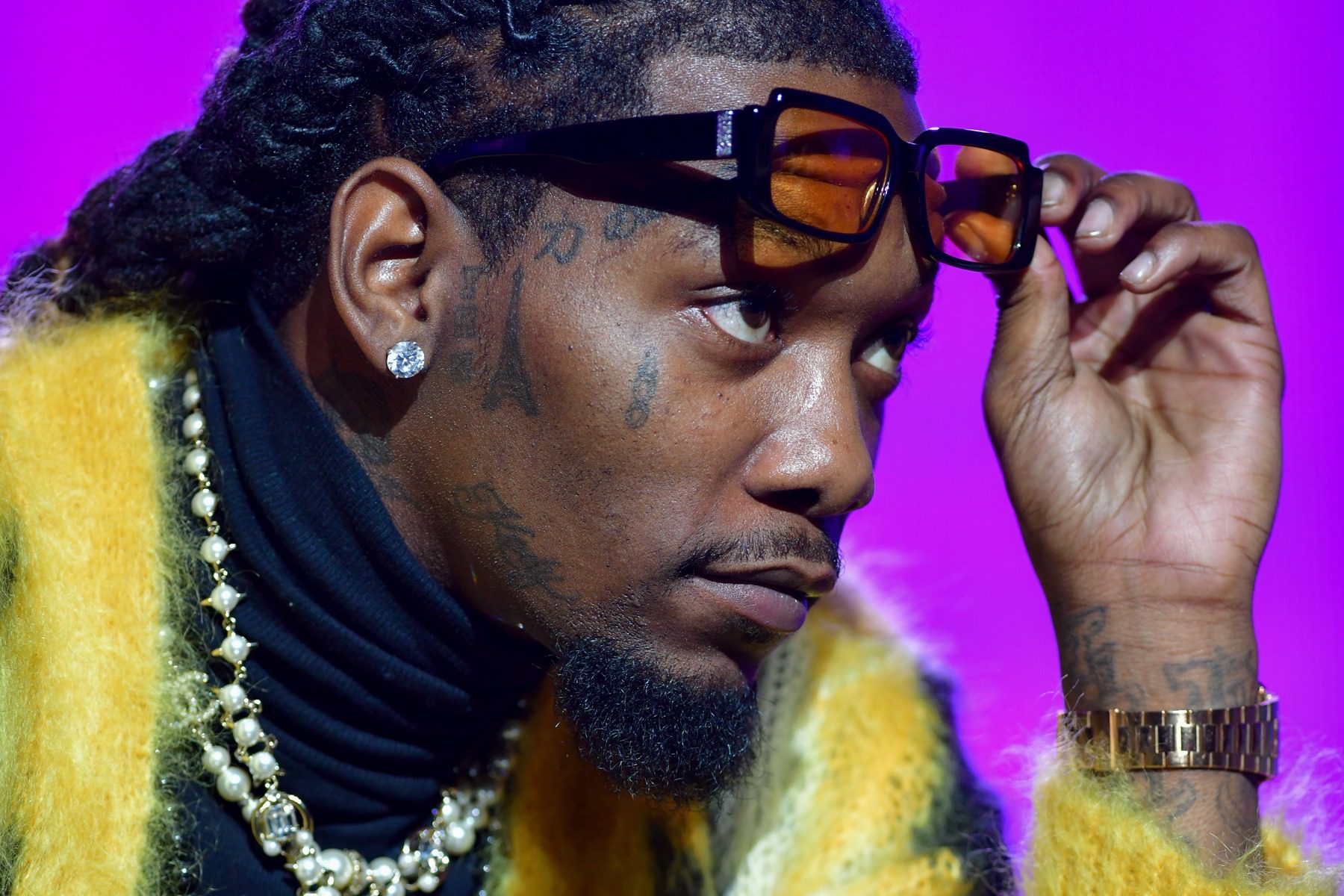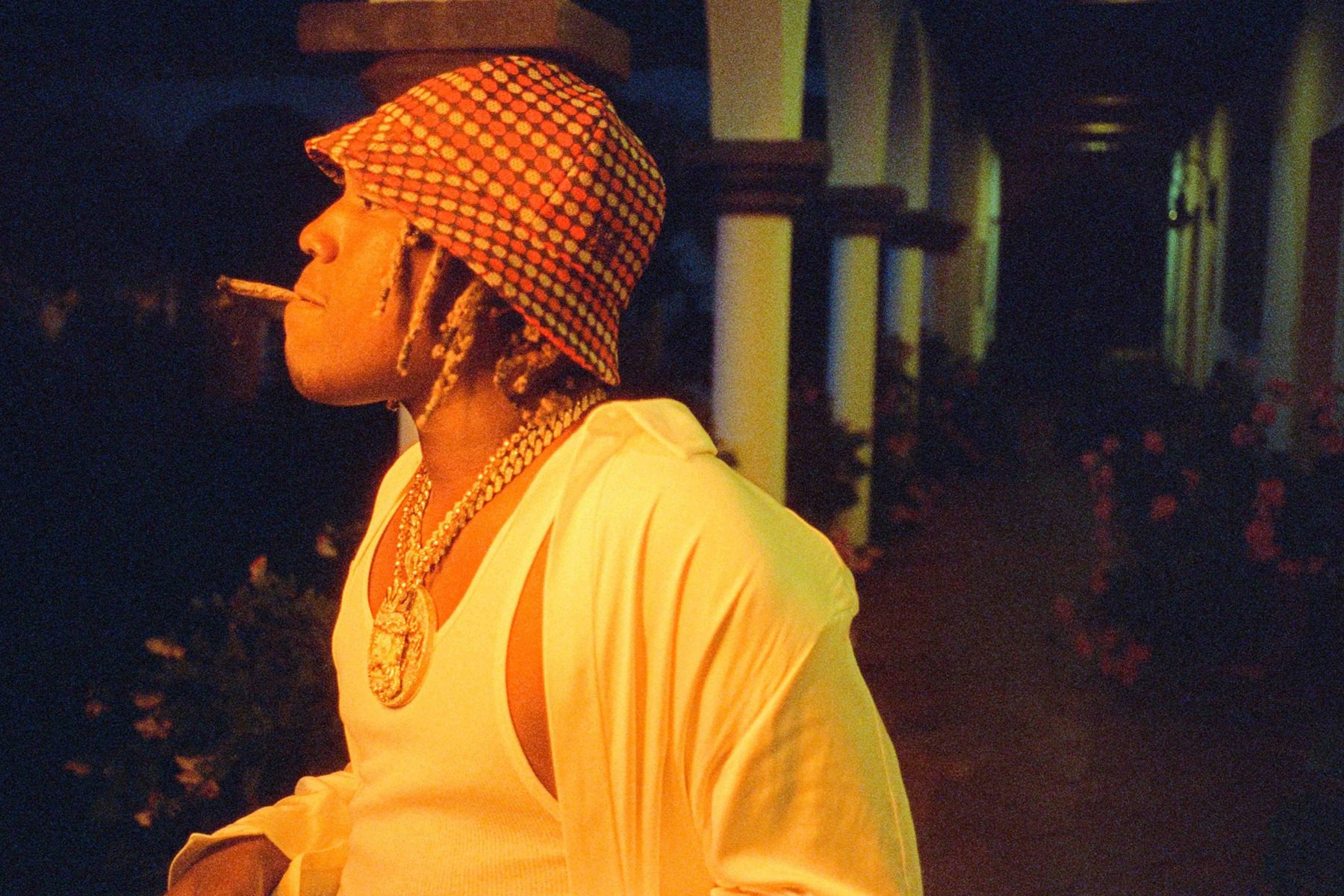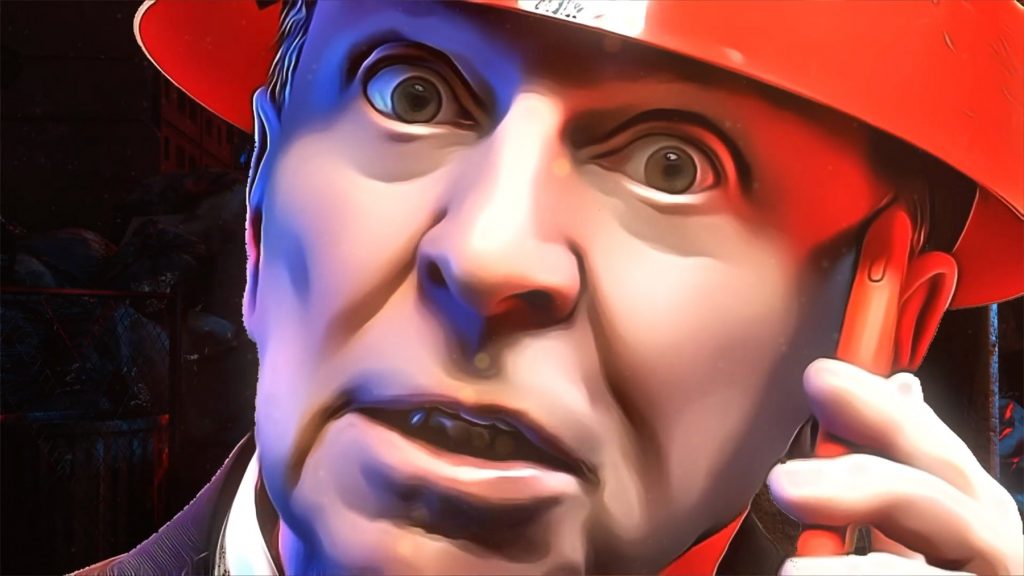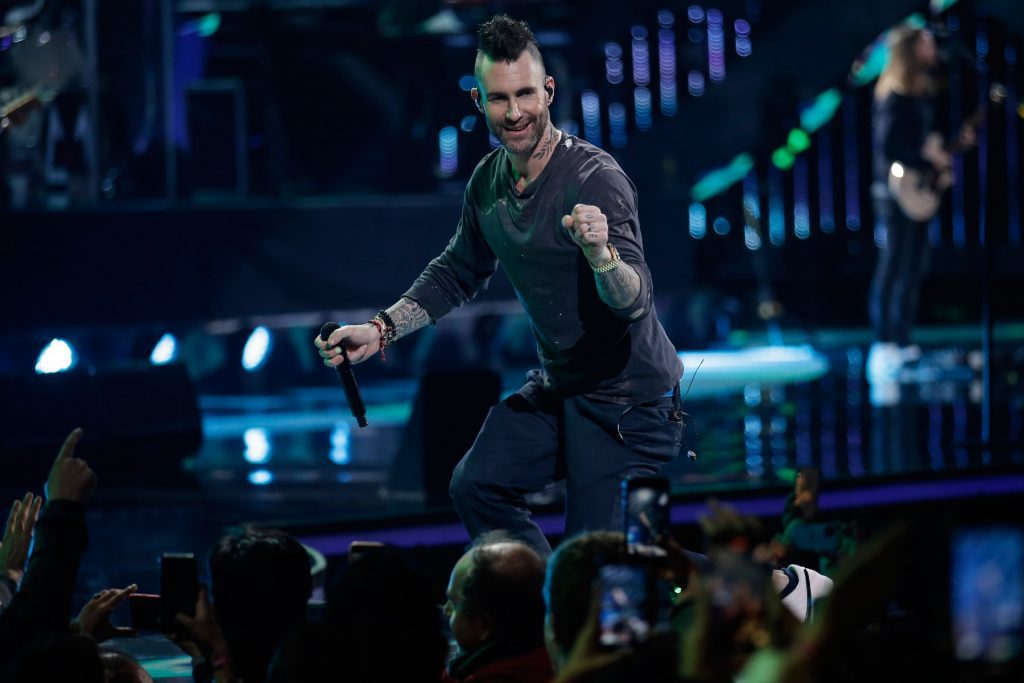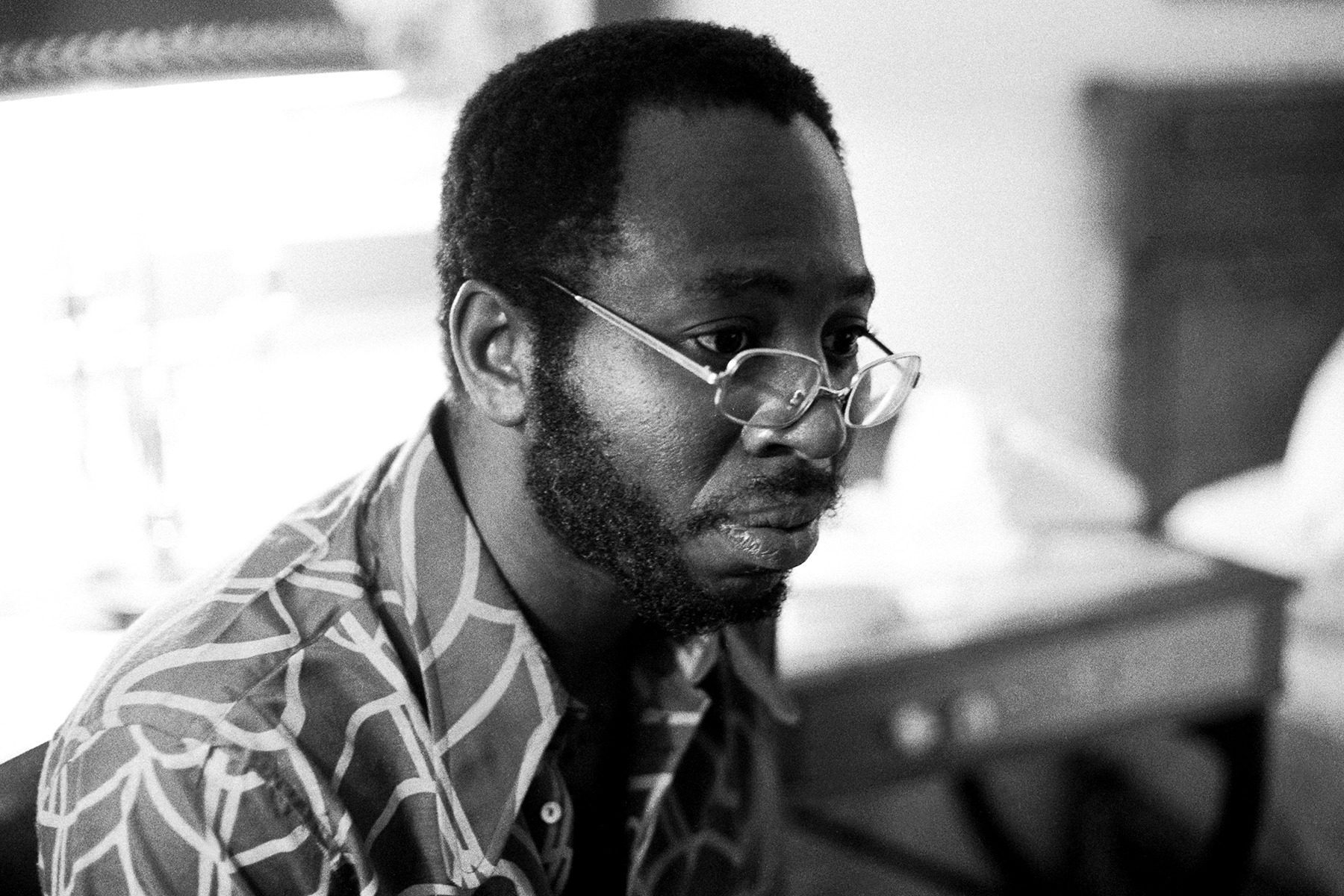
Curtis Mayfield’s ‘Super Fly’ Soundtrack: 10 Things You Didn’t Know
In late 1971, when Curtis Mayfield began writing Super Fly — the 1972 film soundtrack that would turn out to be his magnum opus — he should have been burned out. He had spent a decade with the Impressions, becoming one of pop music’s de facto voices of the civil rights movement with songs like “Keep on Pushing” and “People Get Ready.” He had written hundreds of songs for dozens of other artists (Major Lance, Gene Chandler, and the entire roster of OKeh Records, to name a few). He had also dealt with the dramatic changes of the Nixon era on his first solo album, 1970’s Curtis, and his 1971 follow-up, Roots. But somehow, with Super Fly he found another gear, a new level of artistry that would define him forever. “I always felt those songs will be relevant forever, because they are so strong,” said guitarist Phil Upchurch, who was an acolyte of Mayfield’s style and played on the Super Fly album. “Curtis Mayfield was as gifted as Bach or Beethoven.”
Directed by Gordon Parks Jr., the film Super Fly follows Youngblood Priest, a drug dealer who wants to make one more big score with his partner, Eddie, and then leave the game forever. But Eddie sees no other option than a life of crime, and when a group of crooked, racist white cops offer them as much drug business as they want, plus protection, Eddie falls for it, leaving Priest blackmailed into a corner. The film — an early staple of the blaxploitation era that kicked off a year earlier with 1971’s Sweet Sweetback’s Baadasssss Song and Shaft — ends with Priest double-crossing the double-crossers, walking away with his money, life, and swagger intact. It was important to Mayfield that Priest ended up winning in the end not through violence, but through his intellect.
Blaxploitation soundtracks produced some of the best work from many musical giants of the era, including James Brown, Marvin Gaye, and Isaac Hayes. Still, Mayfield’s Super Fly stands alone. The songs are a mixture of scene-setting (“Little Child Running Wild,” “Give Me Your Love”) and character studies (“Freddie’s Dead,” “Super Fly,” “Eddie You Should Have Known Better”). But the album is so much more: a personal manifesto, a passionate cry, and an incisive sociological statement on race in America. To celebrate Mayfield’s gutsy, gritty masterpiece on its 50th anniversary, here are 10 things you didn’t know about Super Fly.
1. Super Fly wasn’t Curtis Mayfield’s first work for film, nor was it his last.
Before Super Fly, Mayfield wrote two songs for 1969’s volcano-themed disaster film Krakatoa, East of Java, a critical and commercial failure for many reasons, not least of which is that Krakatoa is west of Java. That film has had a strange afterlife in popular culture, with references by Monty Python, on Seinfeld, and most recently in Quentin Tarantino’s Once Upon a Time in … Hollywood. After Super Fly, Mayfield did some of the best work of his career, writing the soundtracks for films such as Claudine, Let’s Do It Again, and Sparkle, but these songs are often overlooked since he wrote them for other artists to sing (Gladys Knight and the Pips, the Staples Singers, and Aretha Franklin, respectively).
2. Mayfield understood the film from personal experience.
“I didn’t have to leave my neighborhood to be surrounded by the things Super Fly is about,” he told IndieLand in 1973. “It’s not that the ghetto is thriving with pimps and pushermen, it’s just they are a very visible part of the ghetto. If you stand on the corner, you’re gonna notice the pimp, because he’s so bright … and you have to understand that half of every big city is a ghetto.” He even lived through a frightening, real-life version of the scene where a gang tries to extort money from the film’s main character. One day in the early Seventies, Mayfield came in to work to find the Blackstone Rangers, one of Chicago’s most notorious street gangs, lurking in his office at Curtom, demanding money. He refused, but agreed to perform a concert in Chicago and give them the proceeds to “help the neighborhood.”
3. The songs were recorded in four days.
Sessions began at the end of 1971, when director Gordon Parks Jr. asked Mayfield and his band to appear in the film as a nightclub act performing behind the actors. Parks needed a finished song for the shot, so Mayfield took his band to New York, recorded “Pusherman” at Bell Sound Studios at night, and shot the scene the next day. Then came a hiatus of several months, during which he wrote a new album for his old group, the Impressions (Times Have Changed), toured Europe, and came up with the idea for his next album, Back to the World. Then he cut the rest of the soundtrack over three days at Curtom Studios on the South Side of Chicago, recording everything but his vocals live. This often required as many as 40 musicians to be in the studio at the same time. “It seemed about capturing a certain electricity, a live energy,” engineer Roger Anfinsen told Vibe in 1996. There was another reason, as guitarist Craig McMullen recalled: “The advantage of it is, if you have a full orchestra, when you place your licks, you don’t have to worry about your licks bumping. You can hear everything that’s going to go down.”
4. Super Fly was the end of an era for Mayfield, marking his split with his second wife, his longtime arranger, and his manager and closest friend.
During the recording Mayfield was in the middle of a separation from his second wife, Diane, mother of his second son, Todd, and his first daughter, Sharon. He moved into the basement apartment of a three-story building he owned in Chicago (he gave his grandmother the top floor) and wrote most of the album there.
After the recording, Mayfield ended up in a bitter dispute over a songwriting credit — for the haunting, gorgeous instrumental “Think” — with longtime arranger Johnny Pate, and the two never worked together again. Then came a more monumental split: Eddie Thomas (the “Tom” in Curtom), who had been Curtis’ manager and closest friend since the late Fifties, was unhappy with the direction Mayfield was going. After Super Fly, he sold his shares of Curtom and left the label. Mayfield signed with a new manager, Marv Stuart, and moved the Curtom studio to the North Side of Chicago. In two short years, he had cut ties with nearly everything and everyone that had helped him rise to the pinnacle of his career. Part of the impetus behind the move was his frustration with racism in the music industry and the cap it put on his ambitions. As Diane Mayfield told me during an interview for my 2016 book,Traveling Soul: The Life of Curtis Mayfield (written with Todd Mayfield), his decision to hire a white manager was at least partly based on this. “Marv was Jewish, so of course he had more connections,” she said. “I did say something to Curtis about it, and he said, ‘Well, Eddie can’t … he’s Black. He’s still trying to get a little crack in the door, but Marv can open the door.’”
5. Mayfield was shocked when he saw the first rushes of the film.
“Reading the script didn’t tell you ‘and then he took another hit of cocaine’ and then about a minute later ‘he took another hit,’” Mayfield said in Peter Burns’ Curtis Mayfield: People Never Give Up. “When I saw it visually, I thought, ‘This is a cocaine infomercial.’ I did the music and lyrics to be a commentary, as though someone was speaking as the movie was going.” This approach is perhaps most powerful on “Eddie You Should Know Better,” where Mayfield sings directly to Priest’s partner.
The soundtrack dropped a month before the film, an odd way to orchestrate a release, but a canny move in this case. It allowed Mayfield’s message to influence the audience before they even saw the film. Perhaps audiences left Shaft singing along with Isaac Hayes, but they came into Super Fly singing with Mayfield. As music journalist Michael Gonzales recalled in IndieLand, when he saw the film in Harlem, “The audience hummed along, mouthed the words, or sang aloud to the soundtrack.” This arrangement had another benefit, too: Since blaxploitation films were made on a shoestring budget — the actors in Super Fly had to wear their own clothes as wardrobe — to have such a major musical hit precede the film was the kind of publicity the filmmakers literally could not buy.
6. The soundtrack propelled the film to huge commercial success.
Super Fly briefly topped The Godfather as the highest-grossing film in the country, and was the third-highest-grossing film of 1972. When it opened in New York in August 1972, the theater ran out of tickets while a line still stretched around the block. “Somebody went around the side of the building and they broke the door open,” screenwriter Phil Fenty once recalled. “You saw this mass of people with police trying to stop them. … That was a very, very high moment for [director Parks] and myself.”
7. Super Fly paved the way for hip-hop.
Mayfield’s unflinching lyrics about ghetto life were a direct inspiration to early rappers. “The words from Curtis Mayfield … just meant everything,” said Chuck D of Public Enemy in the 2008 doc Movin’ on Up: The Music and Message of Curtis Mayfield and the Impressions. “There was something in Curtis Mayfield’s stance that we used.” This was especially true of the track “Pusherman,” which uses the n-word not as an epithet, as Sly Stone had done earlier, but as a bit of street vernacular. This was an enormous step for any album to take, let alone an album that would hit the top of the pop charts. And the album’s influence goes beyond language and inspiration: It has also been widely sampled by everyone from the Beastie Boys to the Notorious B.I.G., Erykah Badu, Snoop Dogg, Eminem, Chance the Rapper, and Beyoncé. Mayfield was an early supporter of sampling. “These are new ways of putting music together, which is fantastic,” he told IndieLand in 1993. “It’s as if you put together a collage of pictures into a pattern, so you look at it from afar and say, ‘Wow, look at that,’ and then you come up close, and these are pictures that you are familiar with put together in a different manner.”
8. The movie spawned two sequels and one remake.
Mayfield refused to take part in the first sequel, 1973’s Super Fly T.N.T., but did contribute four new songs for The Return of Superfly (1990) — which featured Samuel L. Jackson — including a duet with Ice-T. (The film was released three months after the tragic accident during a concert in Brooklyn that left Mayfield paralyzed.) The most recent remake, 2018’s SuperFly, featured a soundtrack from Atlanta trap king Future.
9. Though the soundtrack was universally praised, the film drew sharp criticism for its portrayal of Black life.
The Chicago Tribune called it a “sickening and dangerous screen venture.” A review in Newsweek said, “Going to see yourself as a drug dealer when you’re oppressed is sick. … It’s sort of like a Jew paying to get into Auschwitz.” Mayfield spent the rest of his life defending the film. “Nobody called James Bond, Tarzan, or Frankenstein ‘white exploitation’ movies,” he told the Chicago Tribune shortly after the film was released. Two years before his death in 1999, he continued his defense: “Prior to blaxploitation, we didn’t dare show any intellect in films. The black characters were always getting killed. But with Shaft and Super Fly, things were different.”
10. Super Fly was Mayfield’s only Number One pop album.
Even as late as 1972, radio stations and music charts were segregated. Mayfield had already scored two Number One albums on the R&B chart — the Impressions’ 1965 masterpiece People Get Ready, and his first solo album, 1970’s epochal Curtis — but it was incredibly difficult for a Black artist to cross over to the pop chart, where the real money was. “I’ve heard the expression ‘too Black’ for years,” Marv Stuart said in 1976. “It limits us, truthfully.”
That Mayfield crossed over with such an unabashedly race-conscious album marked a monumental step in popular music, but he still struggled against segregation and racism for the rest of his career, including two particular, stinging humiliations. First, Super Fly earned four Grammy nominations but lost in every category, including Best Original Score (Nino Rota won for The Godfather). Then, during a performance of “Freddie’s Dead” at the ceremony, a fog-machine malfunction caused Mayfield’s entire performance to be lost in smoke. A few weeks later, he learned that “Freddie’s Dead,” which was nominated for Best Original Song for the 1973 Oscars, was deemed ineligible because the film features only an instrumental version of the song.
“I’m glad I was in a position to let everybody see what the Academy Awards are — a personalized social club with exclusive members,” Mayfield said. “I’m from R&B music, so I’d rather lose an Oscar than to lose in the streets.”
